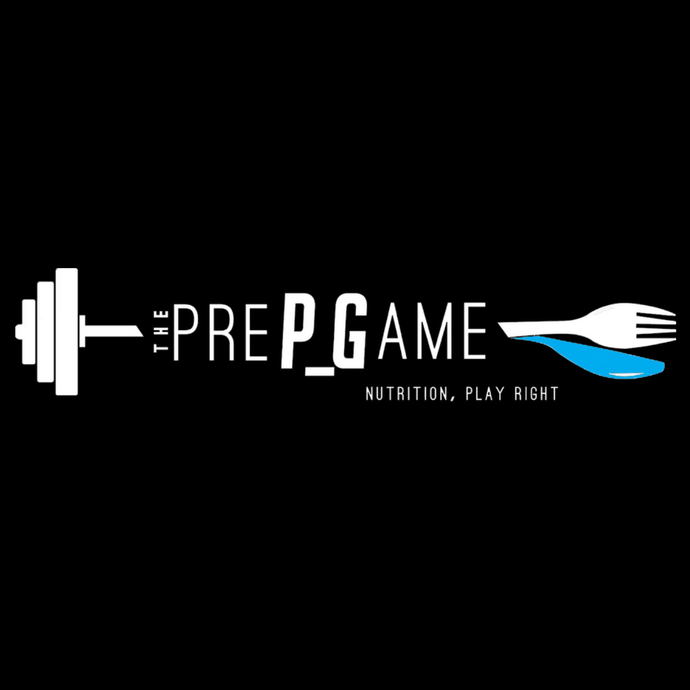Carbs are evil. Aren't they? We are regularly reminded of this by sensationalist headlines suggesting sugar is toxic and white refined sugar is positively poison. The rationale behind these accusations is perhaps not without merit. Over time the availability and intake of sugar-filled foods and drinks has sky-rocketed. Excess consumption of overly processed, low-nutrient foods can have a negative impact on our health. But does this make refined sugars lethal on their own? And should we really be using the words ‘sugar’ and ‘carbohydrate’ interchangeably.
What starts with a jump onto the anti-sugar bandwagon can progress into joining the anti-carb club. Working in sports nutrition I am increasingly concerned about the number of athletes who take these messages to the extreme. Sure, if your health and well-being would benefit from losing weight then reducing carbohydrate and sugar can help. But it still doesn’t mean you need to eliminate carbs, or sugar, completely. Nor does it mean that replacing refined sugar with 'natural' sugar is any better for you. It really comes down to working out the best amount and types of carbohydrate to suit your individual needs. If you are someone who likes to keep fit and active, then cutting out carbs is not likely to do you any favours when it comes to training results and performance.
Here’s why…..
Fuel
Yes, you can train your body to use fat better as a fuel by eating more fat, but does this improve energy levels and performance? No. Fat is pretty useless at fueling higher intensity efforts. Carbohydrates are far more effective when you need to work hard.
Brain function
Stable blood glucose levels help to keep your brain fueled, helping with concentration, co-ordination and judgement – all pretty important for most types of athletic pursuits.
Muscle gains
If you are training for improved muscle condition, strength and size, carbohydrate can provide the energy to help this happen, in conjunction with adequate protein. Well planned carbohydrate intake won’t just turn to fat, but will be used effectively by the body to enhance muscle mass gains.
Gut health
By choosing nutrient-dense, fibre-rich carbohydrate sources you will be providing your digestive system with the nutrients to feed your good gut bugs and keep them active, plus fibre to promote healthy nutrient absorption and bowel habits.
Immune function
Carbohydrate has been shown to have a positive effect on immune system for those doing regular or heavy training. Exercise creates stress, but stable blood glucose levels can reduce the body's stress response and carbohydrate has been found to be effective in counteracting immune depression following exercise.
If you like to train, carbohydrates are your friend (even bread!). Get the portions, type and timing of intake right and carbohydrate will help you to get the best out of your training and performance. Look out for my next post where I will discuss the best types of carbohydrate foods for an active lifestyle. In the meantime you might like to take a look at a previous post 'The 10 best wheat and gluten-free carbohydrate foods if you train a lot'.
For more info like this, please leave your details at http://www.lisamiddleton.com.au/thoughts-index/ for performance nutrition updates, and you can also follow me on Facebook, Twitter and Instagram.






























